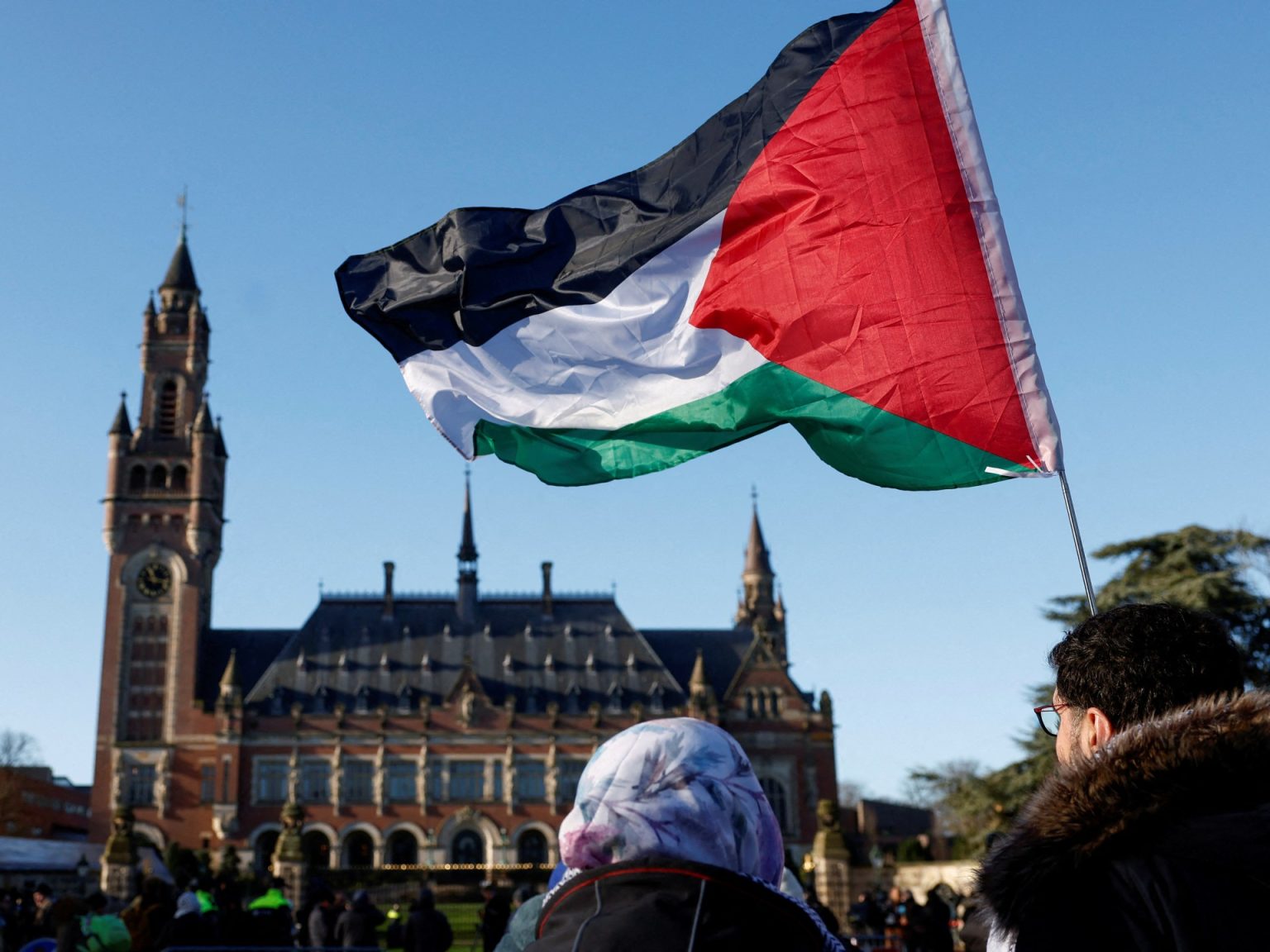The International Court of Justice (ICJ) recently heard a request from South Africa seeking measures against Israel for its assault on Rafah, a Palestinian city in the Gaza Strip. South Africa brought the case to the ICJ, accusing Israel of violating international law and committing grave human rights violations during its military operation in Rafah. South Africa argued that Israel’s actions led to the deaths of numerous civilians and caused widespread destruction in the city.
During the hearing at the ICJ, South Africa presented evidence and testimonies highlighting the impact of Israel’s assault on Rafah and the violations of international law that occurred during the operation. South Africa called on the ICJ to take immediate and decisive action to hold Israel accountable for its actions in Rafah and to ensure that such violations do not occur again in the future. South Africa emphasized the importance of upholding international law and protecting the rights of civilians in conflict zones.
Israel, on the other hand, rejected the accusations made by South Africa and argued that its military operation in Rafah was justified and necessary for security reasons. Israel claimed that it took measures to minimize civilian casualties and damage to civilian infrastructure during the operation. Israel also defended its actions in Rafah as part of its efforts to combat terrorism and protect its citizens from threats posed by militant groups in the Gaza Strip.
The ICJ is now tasked with considering the arguments presented by both South Africa and Israel and determining whether Israel’s actions in Rafah violated international law. The ICJ will also decide on whether to grant South Africa’s request for measures against Israel in response to the assault on Rafah. The outcome of the ICJ’s deliberations could have significant implications for future cases involving alleged violations of international law by states during military operations.
Overall, the hearing at the ICJ highlighted the complexities and challenges of addressing allegations of human rights violations and violations of international law in conflict zones. Both South Africa and Israel presented compelling arguments to support their positions, and the ICJ will need to carefully consider all the evidence and legal arguments before making a decision on the case. The outcome of the ICJ’s decision could set a precedent for how similar cases are handled in the future and could have far-reaching implications for international law and human rights protection in conflict zones.













